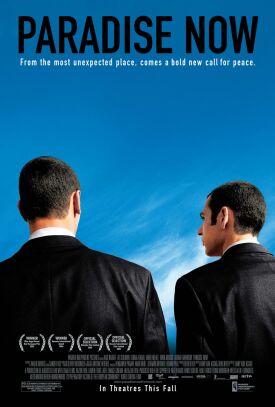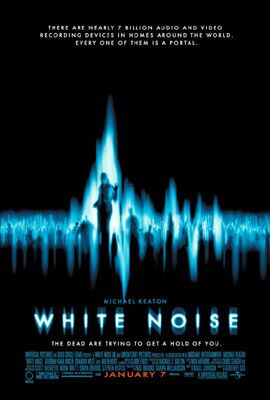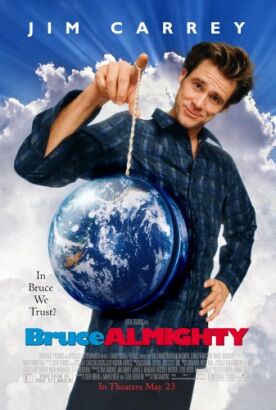Paradise Now
What are the odds? You go for years without seeing a movie that offers you a sympathetic portrayal of Islamic suicide bombers and then two come along within a month of each other. Reviewing The War Within, on September 30th, I complained that it told an engaging story but refused to take on the psychology of its hero-bomber except in the crudest terms. Far from being a typical Muslim zealot, he had been entirely secularized and non-political until he was radicalized by being tortured by American-sponsored Pakistanis. This suggests that the film’s authors didn’t know why any suicide bombers who aren’t tortured by Western intelligence operatives might have decided to do what they do.
But Paradise Now, directed and co-written by Hany Abu-Assad, makes The War Within look positively Dostoyevskian in its subtlety. Its two Palestinian heroes, Said (Kais Nashef) and Khaled (Ali Suliman), offer no reasons at all for what they intend to do on a foray into Israel (whether in fact they will do it is the film’s only real point of interest). Or rather, the only reasons they seem to have are slogans like “a life without dignity is worthless.” Well, maybe so, but if true the cultural idea of “dignity” cannot be simply asserted and taken for granted. Those within the Palestinian and Arab cultural context may need no further explanation, but those of us who are outside of that context do. It’s not quite so easy for us to see where “dignity” is lacking for these people in what remains the only functioning democratic state in the Middle East, or how it is reclaimed by blowing oneself up in order to inflict a horrible and random death on one’s neighbors.
Here’s another slogan retailed by the film’s heroes: “Death is better than inferiority.” Excuse me, but whether or not that’s true, we’re not just talking about the death of the guy who thinks he’s inferior but of a number of those who don’t even know him but whose very existence somehow makes him feel that way. Their deaths are better than his inferiority. Have I got it now? I imagine quite a number of history’s worst murderers would argue likewise. The odd thing is that there is a better, or at least a more interesting explanation — of Said’s prospective self-immolation at any rate. Like the hero of The War Within, he seems to suffer from little if any mental conflict, but his revolutionary ardor recognizes a threat to itself in the form of an attractive young woman. This is Suha (Lubna Azabal), to whom he confesses that his father was executed as a collaborator when he, Said, was ten.
So, obviously, his determination to blow up himself and as many Israelis as possible stems from the urge to wipe this stain from the family honor, right? If so, he never says so, nor does the film go out of its way to treat this datum as being of more than incidental interest. Nor is even the presumptive attraction of Suha the occasion of any hesitancy on his part. To Mr Abu-Assad, Said seems to be just one of a great many would-be Palestinian suicide bombers all, apparently, exactly alike. We must take him or leave him. Or rather, they are exactly alike in every important respect but one, which is the sole point of interest about them. Do they, that is, have the resolve to go through with it?
In this as in other ways, the film is as much the prisoner of the Islamic honor-culture as its heroes are, and it offers us the same simple, binary system they take for granted. Will it be honor or shame, courage or cowardice, dignity or worthlessness, yes or no to bomber-glory? The title may provide a hint, but not a reason for anyone who doesn’t share the assumptions of the director — and the bombers — to care very much.
Discover more from James Bowman
Subscribe to get the latest posts to your email.








